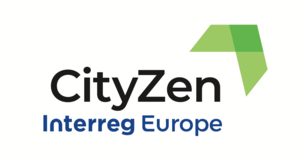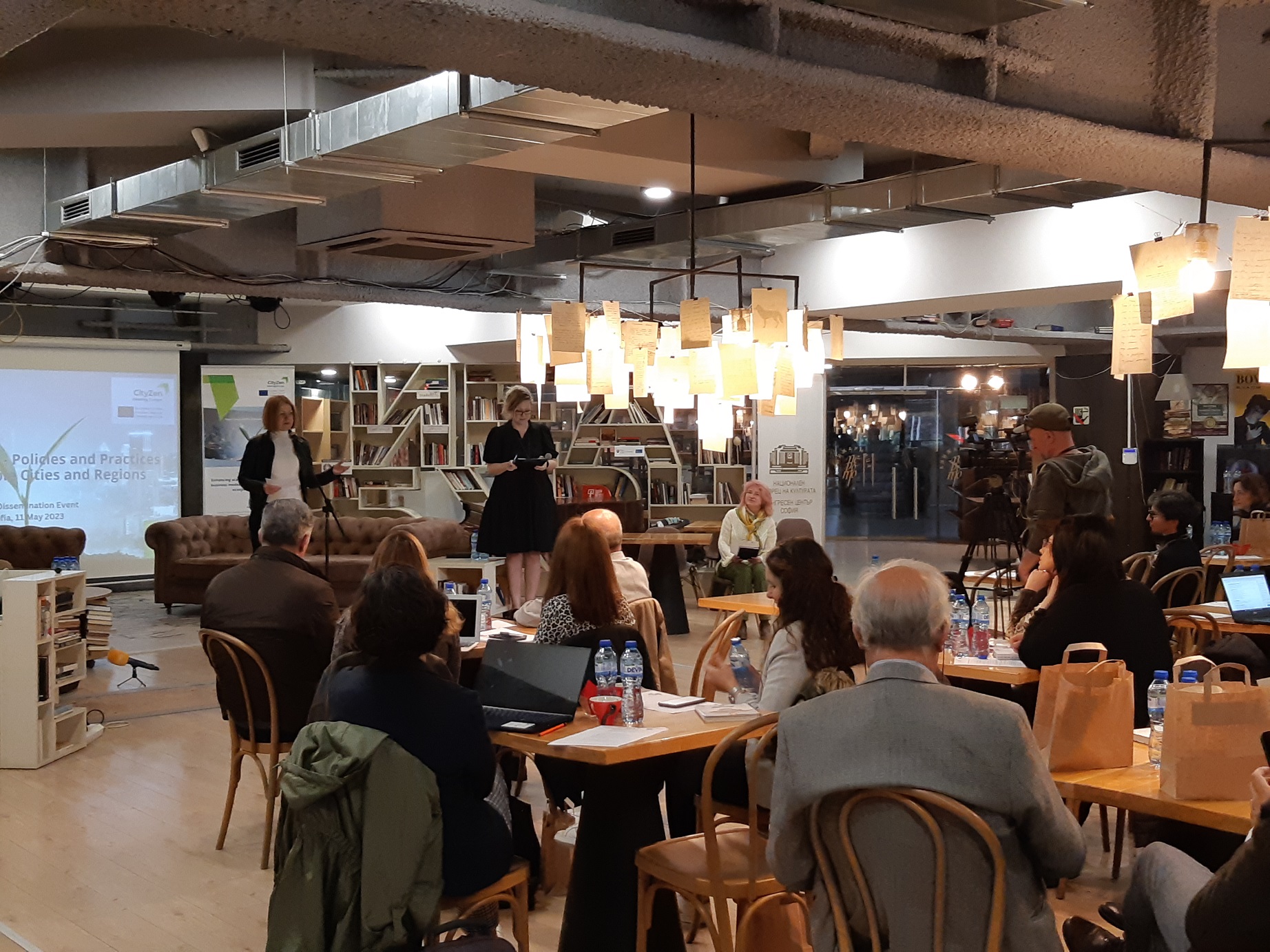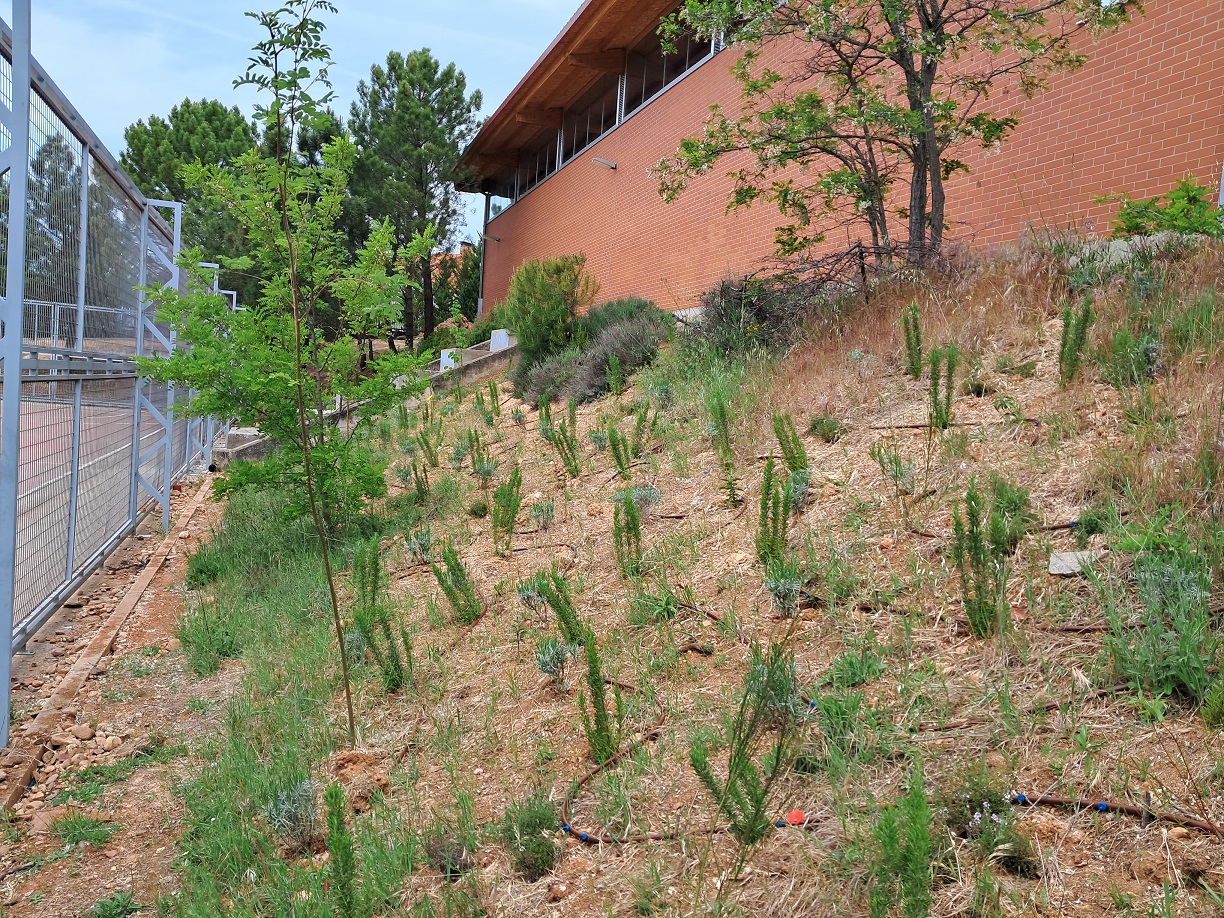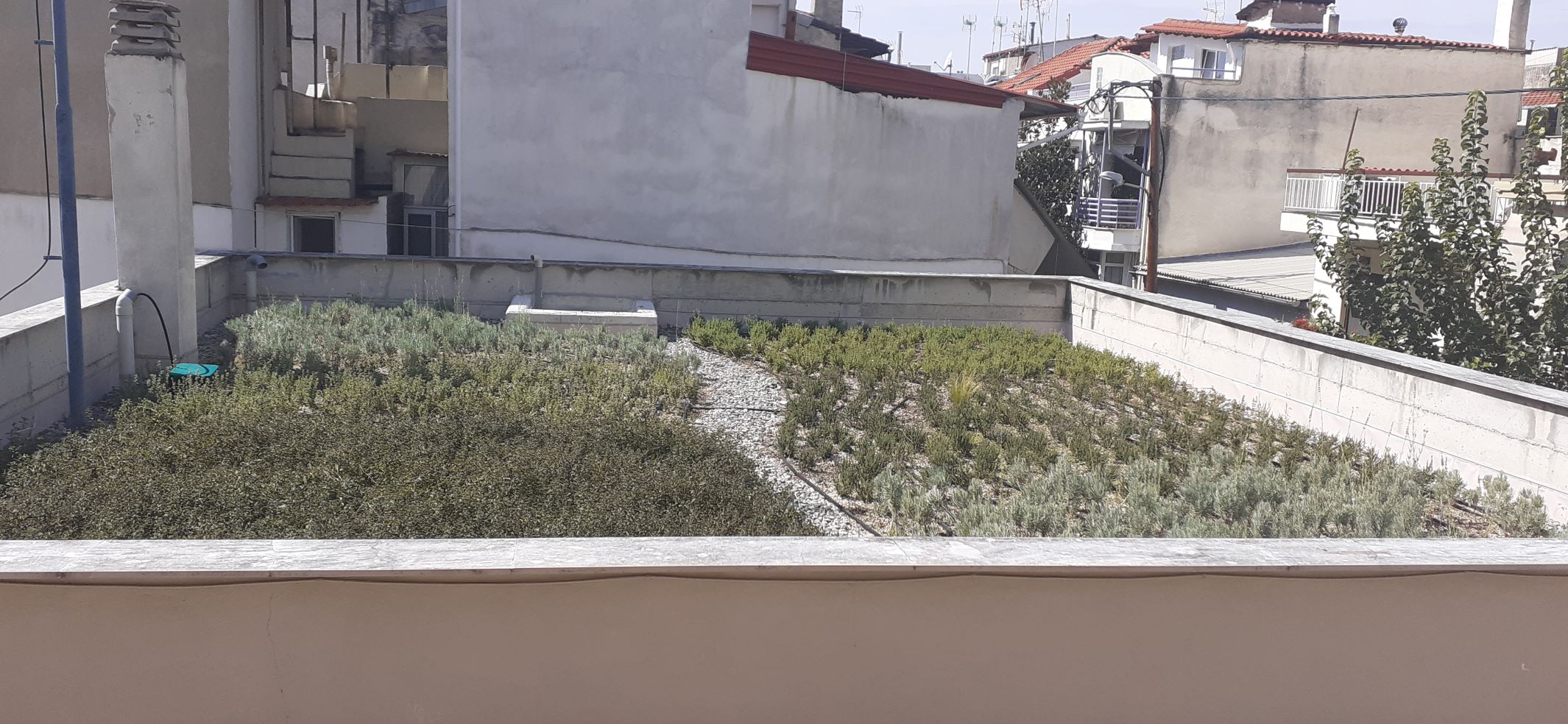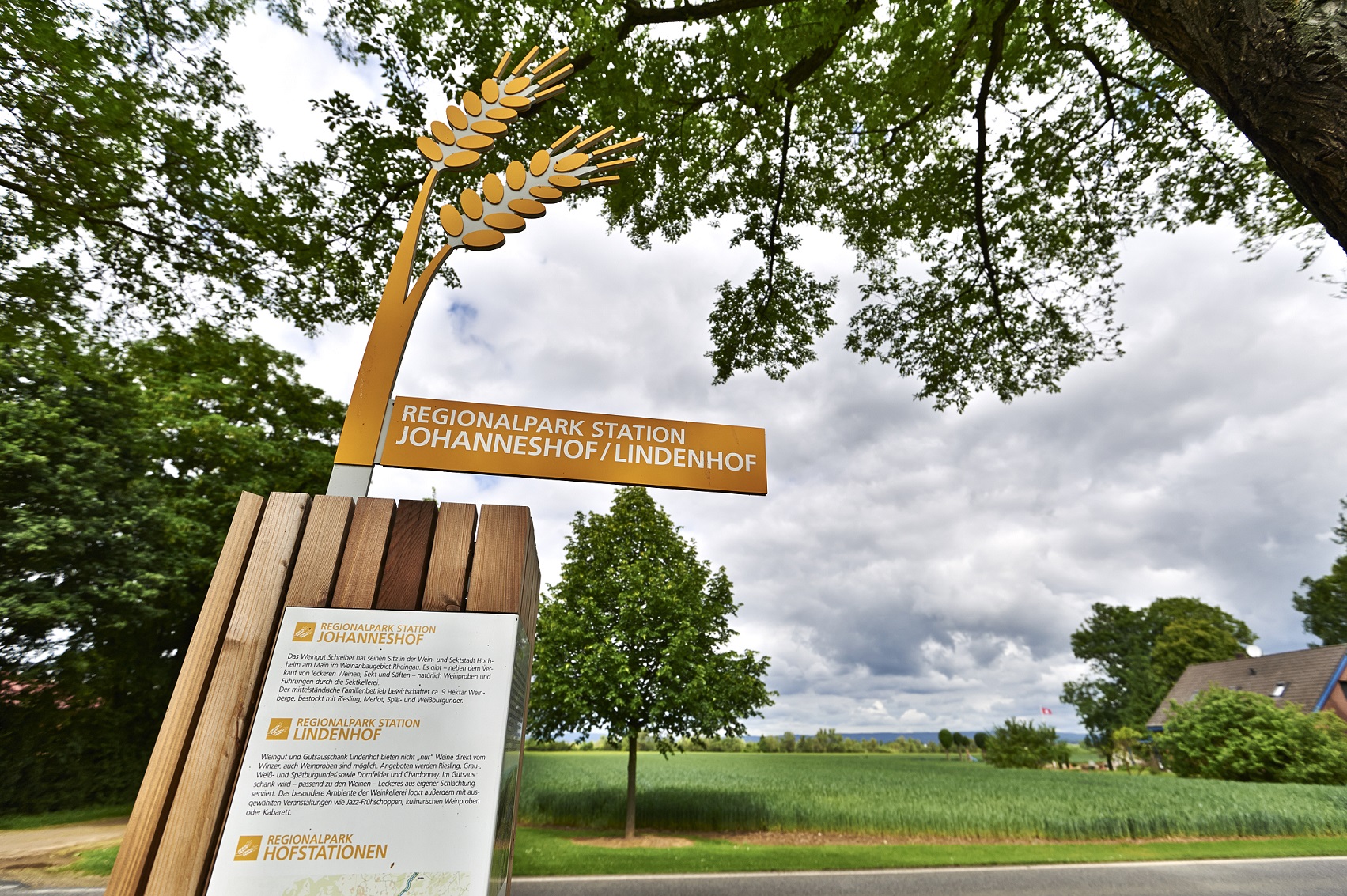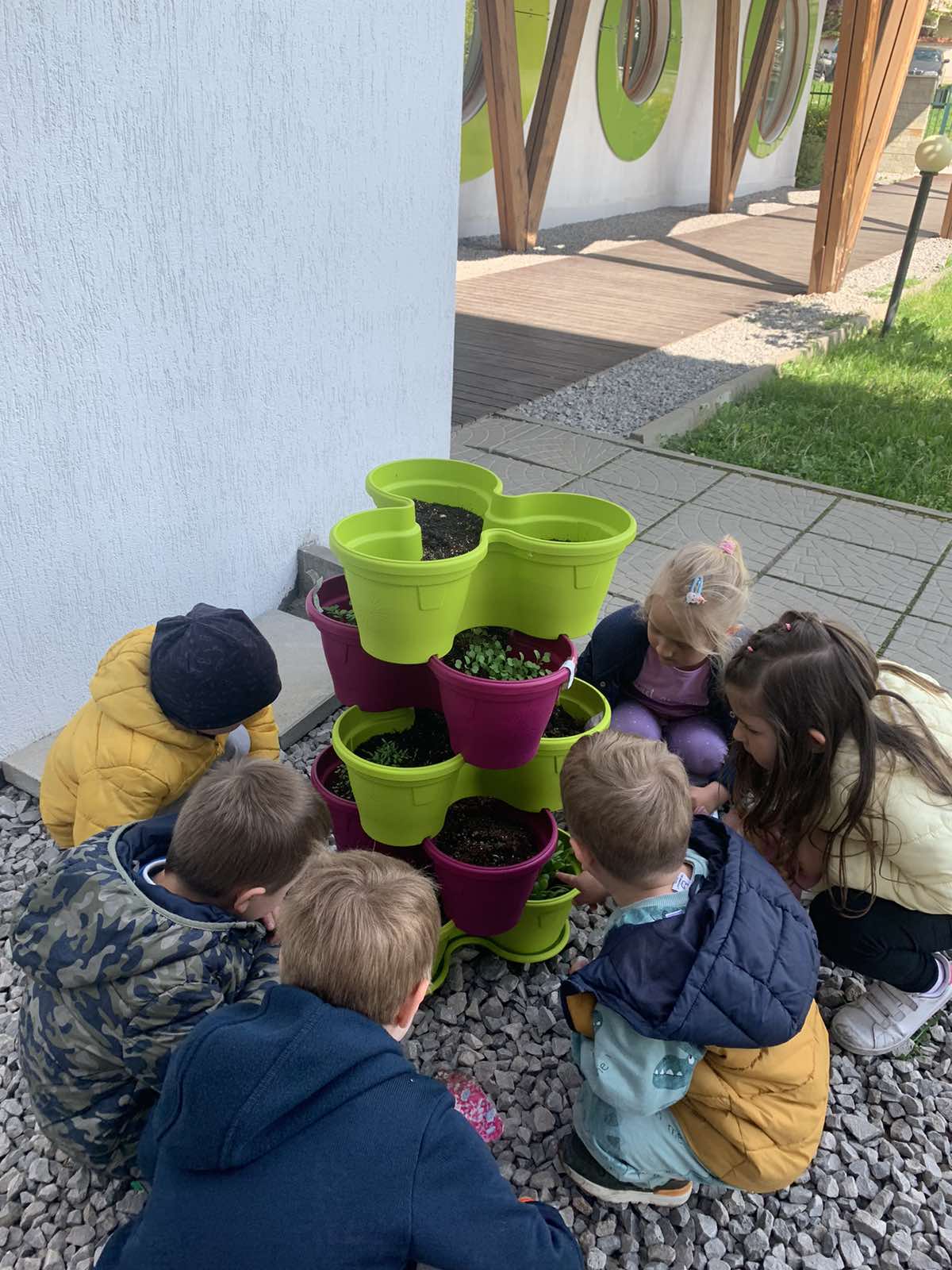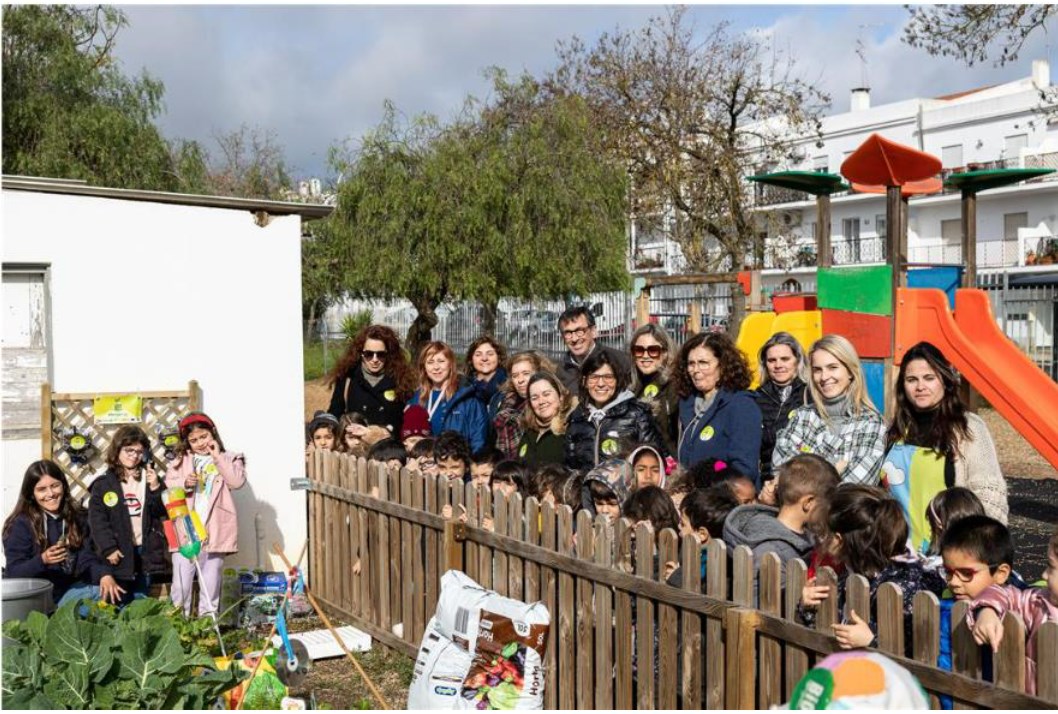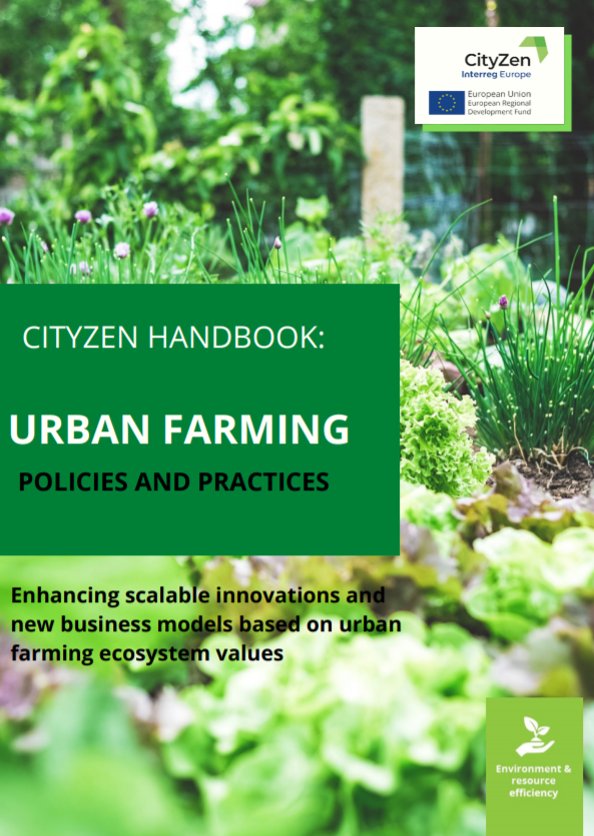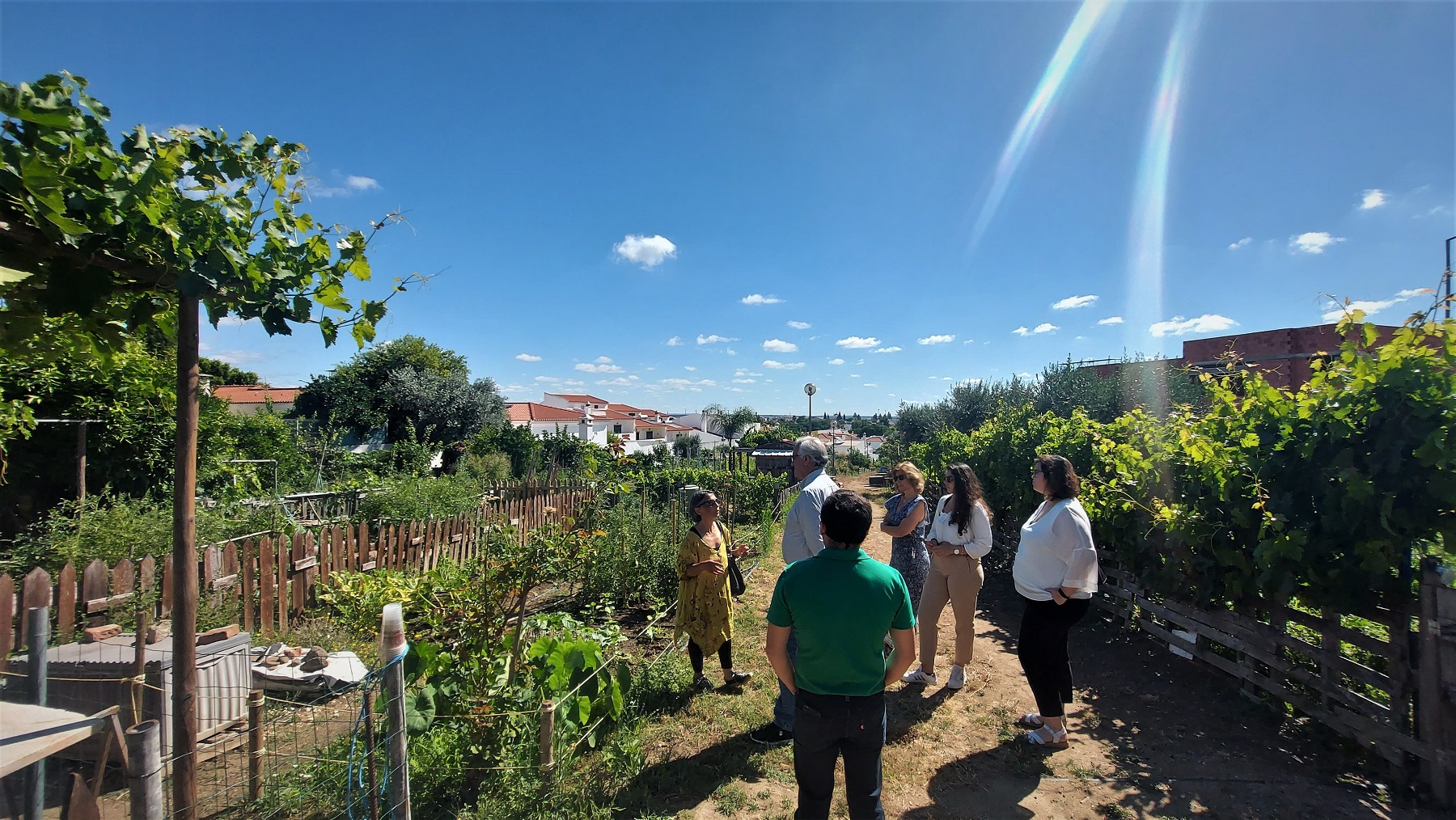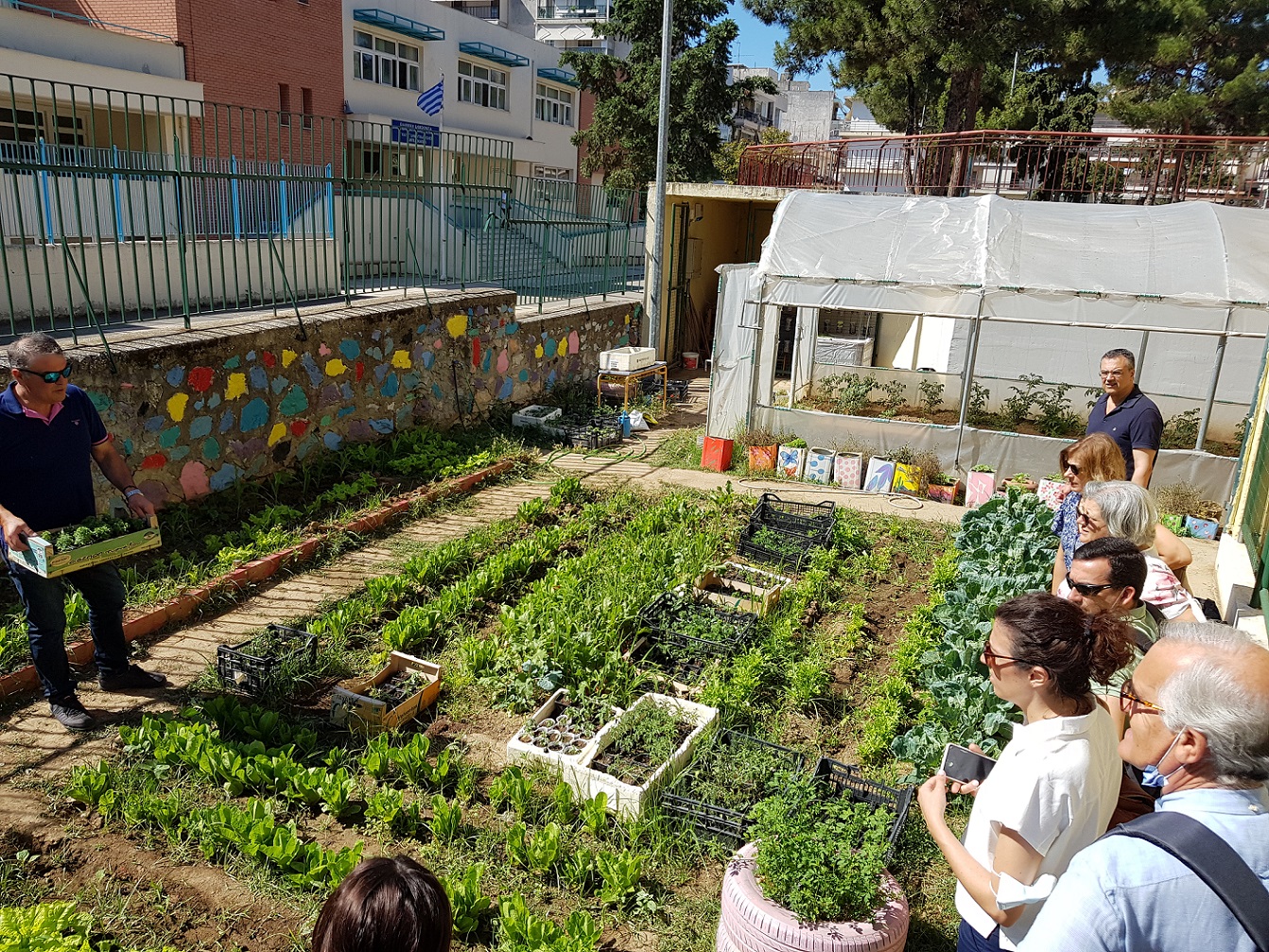In a world of a rapidly increasing urbanization where over half of the population lives centrally, urban farming has become a favored approach for civilians, enhanced and encouraged by authorities. The Region of Central Macedonia is the second most populous region in Greece. Its capital and largest city Thessaloniki is located in the Northern part of Greece - a predominantly urban region. Thessaloniki disposes less than 3m2 of green space per inhabitant, which is far below the EU average. Citizens perceive the concept of urban farming as a tool to increase green space per capita.
The main challenges that the region faces include innovation in/upgrading of urban farming and improvement of technologies, organizational capacity, and lack of sufficient know-how and systematic training. Thus, many unregulated urban farming initiatives have been carried out over the last years.
The participation of the Municipality of Thessaloniki in the ‘Milan Urban Food Policy Pact’ and ‘100 resilient cities’ show the intentions of authorities to incorporate urban farming in their food strategy agendas in order to deal with future challenges. There are also already examples of good practices in the region:
- KIPOS3 – an urban community garden in the city Centre of Thessaloniki,
- urban vegetable gardens of Aristotle University of Thessaloniki,
- a pocket park through DIY techniques and
- bio Agriculture activity by a social startup enterprise.
AgriFood is a main RIS3 priority for the region and thus attracts focus. In addition, new strategies on resilience and sustainable urban development and urban farming activities started to grow slowly, meaning that stakeholders have started to include these parameters in their planning.
In CityZen’s peer review online meeting on September 23 & 24/2020 (organized by the Regional Development Fund of Central Macedonia on behalf of the Region of Central Macedonia), difficulties in developing business models for urban farming as well as the need for adopting new strategies, ideas and technologies to reduce food waste and to meet the challenges of climate change, were highlighted.
The region’s relevant policy instrument aims to foster activities in two of the main priorities of the Regional Operational Programme (ROP) of RCM 2014-2020:
- to utilize the potentials for cost savings and for gaining a higher productivity, thus enabling companies to become more competitive and in a better position in the global value chain (Priority Axis 3: Competitiveness and extroversion of the regional economy), and
- to take action to improve the urban environment, rebuild cities, revitalize, and decontaminate degraded landscapes (Priority Axis 6: Protecting the environment and resource efficiency.
For Axis 6 indicative actions refer to promotion of rehabilitation projects, recovery, and utilization of free space in particular urban areas, as well as strengthening plans for rehabilitation or utilization of abandoned industrial sites within urban centers.
The Regional Development Fund of Central Macedonia aims to improve the governance of the policy instrument and to mature collaborative projects. In particular, those improvements will deal with:
- Better design and use of sustainable innovations through new collaboration models. The region will bring together actors from the ecosystem with mutual needs and visions to co-design and co-implement urban farming projects. The main actions here would be tools that facilitate and mature collaborations. Identification of new support practices that mobilize actors and help capitalizing new ideas and technologies and interregional collaborations are considered as well.
- Better cooperation between the two local authorities, Region, and municipalities. In the framework of CityZen, the Regional Development Fund of Central Macedonia took the opportunity to intervene in the Metropolitan's Committee decision to relaunch a call of interest in February 2020. The Committee was convinced not to exclude green roofs and vertical gardens from the call, after the interest of Municipalities and stakeholders of CityZen’s Regional Stakeholder Group, about this call and the opportunities for an urban farming funding.
- Better engagement of public and private stakeholders and citizens with the regional policies – need of new vision.
With CityZen, the Region of Central Macedonia aims at learning and sharing good policy practices on how urban farming could be accelerated and integrated into local/regional policy agendas.
Picture credit: Argo Social Enterprise
